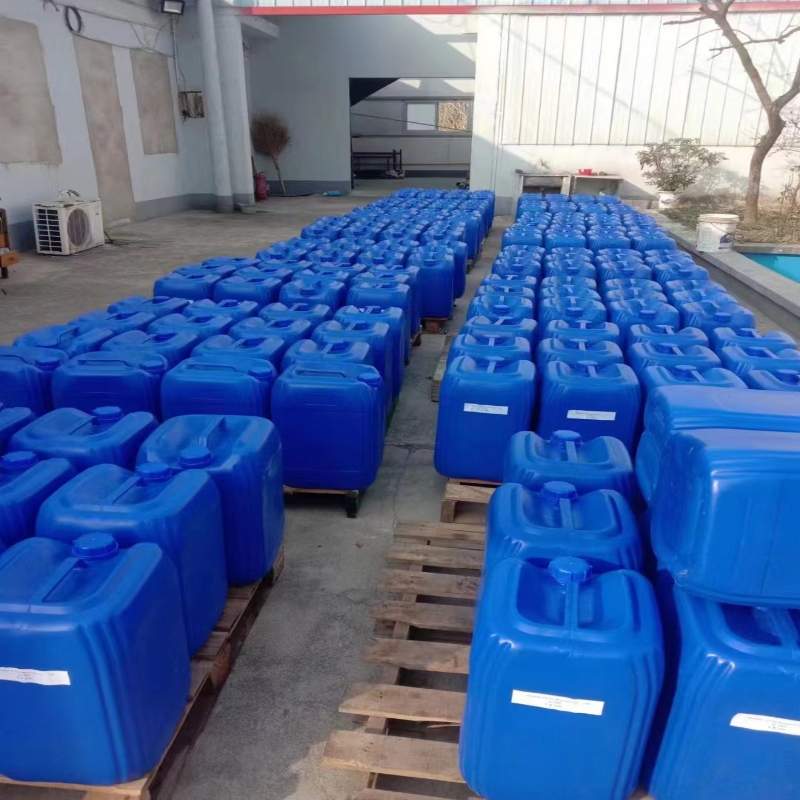-
Categories
-
Pharmaceutical Intermediates
-
Active Pharmaceutical Ingredients
-
Food Additives
- Industrial Coatings
- Agrochemicals
- Dyes and Pigments
- Surfactant
- Flavors and Fragrances
- Chemical Reagents
- Catalyst and Auxiliary
- Natural Products
- Inorganic Chemistry
-
Organic Chemistry
-
Biochemical Engineering
- Analytical Chemistry
-
Cosmetic Ingredient
- Water Treatment Chemical
-
Pharmaceutical Intermediates
Promotion
ECHEMI Mall
Wholesale
Weekly Price
Exhibition
News
-
Trade Service
According to today's oil price website on March 24, the Financial Times quoted views at this week's Commodities Global Summit and reported that some of the world's largest oil traders expect oil prices to exceed $
200 per barrel by the end of this year.
Pierre Andulander, a spokesman who had previously been very bullish on oil, said: "We will not return to normal business in a few months and I think we will lose oil supplies
from the European side forever.
" ”
The hedge fund manager made its first forecast of $200 a barrel earlier this month, saying producers from OPEC+ African members to U.
S.
shale oil regions would struggle to replace crude
that exited the market.
RCMA Group Chairman Doug King told the Financial Times that crude oil prices could exceed $200 and reach $
250 by the end of the year.
Doug King told the Financial Times summit: "This is not temporary, it will be a crude oil supply shock
.
”
Earlier this month, there were predictions that Brent crude would reach $200 by April, but this appeared to be a reaction
to the market.
At present, the initial shock has receded, and prices have also fallen
from post-ban highs.
However, with analysts putting about 3 million barrels of oil out of the market per day, the upside potential remains significant
.
The problem, according to the trade industry, is that these oils cannot be easily or quickly converted
.
Alok Sinha, head of oil and gas at Standard Chartered, told the Financial Times summit: "Given the current situation, I don't think this is a temporary issue
.
It must now be dealt with as a long-term issue, which means we need to look for alternative supply growth
.
”







